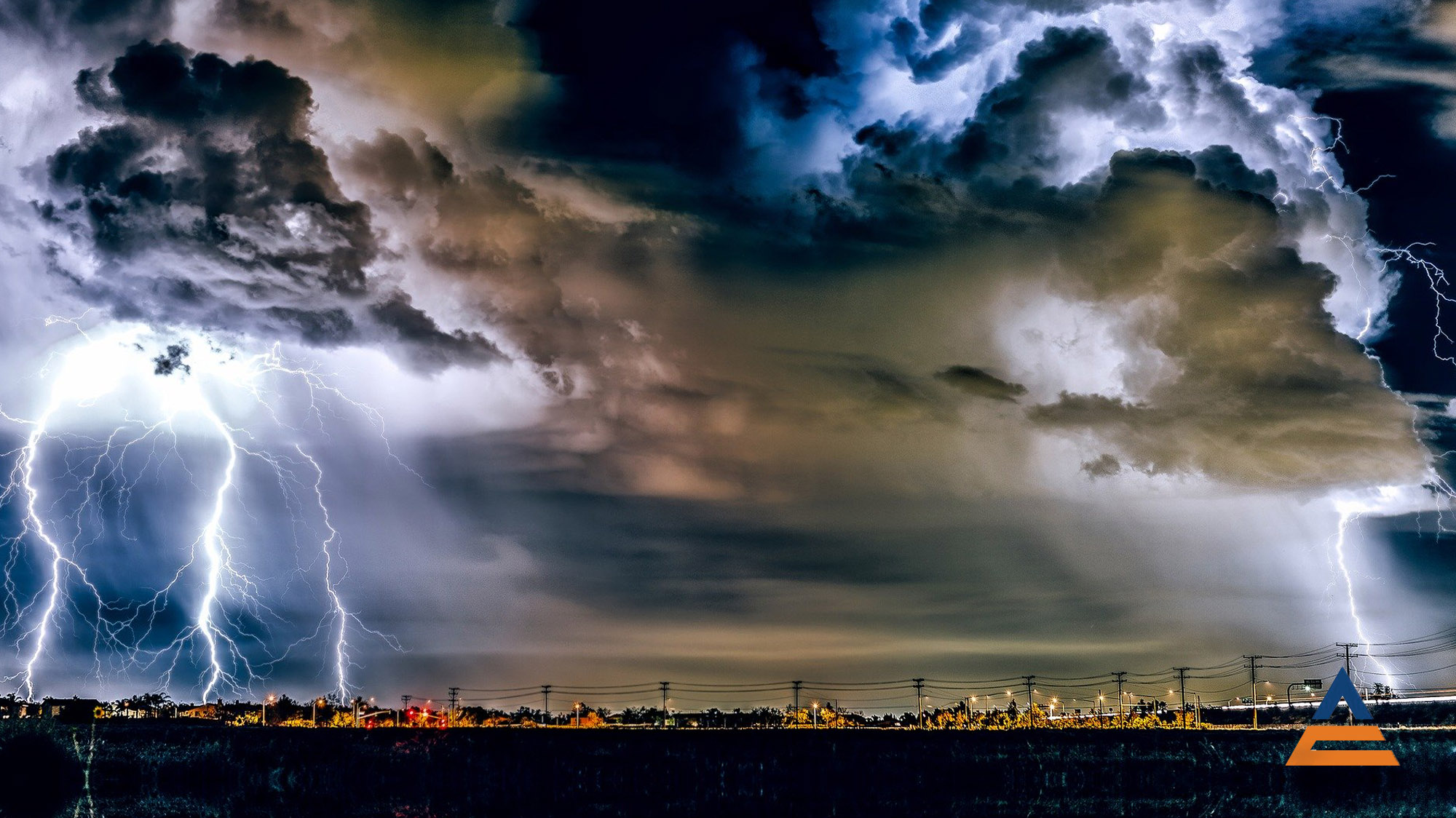Risk management: Do you have an overview of all risks?
Storm Sabine causes a stir in Germany. The coronavirus is spreading more and more and has now claimed over 3,000 lives. The British have completed the brexite and finally left the EU at the beginning of the month. In Japan, the volcano Shindake erupts. BP CEO Bob Dudley leaves the company.… Is this information important for risk management in procurement?
A lot happens in the world – every day. We follow the news mostly out of personal interest. Often we are not initially aware that this information can also have an impact on our daily business in procurement and the security of supply for production or the image of the company. The background is the increasing globalization and the continuous expansion of supply chains, coupled with the demand for information security and sustainability within these chains.
Do I have to expect delays in delivery if Deutsche Bahn stops long-distance transport due to storm damage? Should I worry about my products ordered in Asia if various countries stop air and sea transport to and from China? Do tax and customs tariff changes in business with Great Britain have consequences for my business?
In summary: The ever-increasing internationalization and complexity within supply chains is leading to an enormous increase in the number of factors that have an impact on supply and thus on production reliability in the company.
Modern risk management in procurement
The task of the procurement department is to keep a constant eye on, assess and minimize the risks to the company arising from the procurement of materials and services. In addition to safeguarding production and sales, the objectives of integrated risk management are to secure market share, the company image and the contribution to innovation. It goes without saying that the declining creditworthiness of a business partner or even his insolvency is an enormous risk that requires immediate action. However, modern risk management in procurement goes far beyond monitoring the creditworthiness of suppliers. In addition to the financial stability of suppliers and partners, a number of other indicators have a potential impact on our own business activities. Potential risks can be roughly divided into three categories based on risk objects:
- Corporate risks
How stable is the company of my business partner? Can his image influence the reputation of my company? Is it sustainable in terms of environment and society? Is it reliable? What about quality and willingness to innovate?
- Country risks
Can the financial stability of a country affect my supply chain? What about corruption? Are there special rights or regulations to be observed? Can regional natural hazards or pandemics have an impact on my business?
- Product group risks
Do I have to expect a shortage of my raw materials and thus a price increase? Will there be legal changes or innovations?
The Risk Scorecard: Individual and tailor-made
The list of potential risk indicators is long and could be extended further. However, not every criterion has an impact on every company. Rather, it is more important to develop an individual and tailor-made risk management concept that takes into account the personal needs of a procurement organization so that it does not sink into a flood of information.
The following questions must be taken into account when creating a risk scorecard:
- Which information has a risk impact on my company?
- How should individual pieces of information be weighted in relation to one another?
- Where can the required information be obtained?
- Is there any information that represents a knockout for business relationships?
- Where does all information come together?
- Which persons are to be informed when, actively or passively?
Our experts are familiar with the topic of risk management in procurement and supply chain. We would be pleased to support you in setting up a company-specific risk management system. This includes the selection of relevant indicators for the development of a risk scorecard as well as the decision and support of a tool-based implementation to monitor your risks, and also the management of measures in the event of risks occurring.
Gregor van Ackeren
Managing Director, ADCONIA GmbH
Jessica Murawski
Consultant, ADCONIA GmbH



